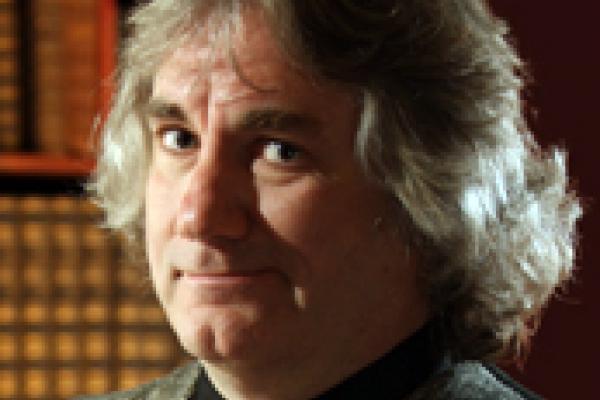Historians have a term we call the scapegoating concept of history. This is the idea that people tend to look for others to blame — scapegoats — for their condition. They then attack that group even if it had little or nothing to do with their situation.
Islam is currently on the list of things we are supposed to be afraid of. The threat is such that even the president himself is apparently some kind of secret Muslim in league with unsavory characters. We seem to have forgotten that the deadliest example of domestic terrorism in America before Sept. 11, 2001, came at the hands of Timothy McVeigh, who blew up the federal building in Oklahoma City. Despite McVeigh’s claims to loving Jesus, no calls to ban Christianity or close churches sounded following his detestable act.
Read the Full Article

